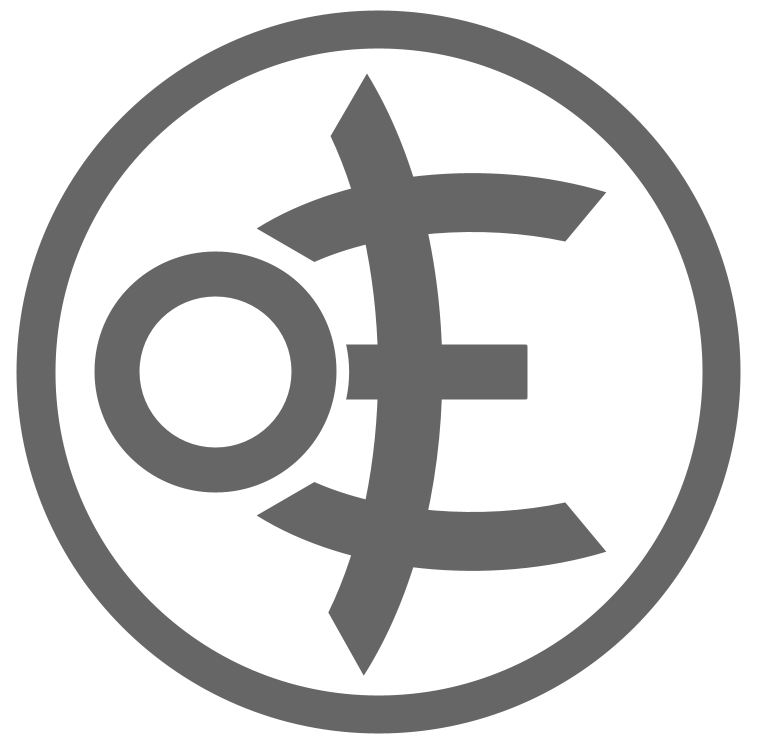- 1 Post
- 4 Comments

 0·3 years ago
0·3 years agotest comment.
edit of test comment
edit from culprit browser
edit with only one add-on deactivated

 2·3 years ago
2·3 years agoFor everyone who told us that they’d never taken a single art class and they could mod this place better with their eyes closed… Well, consider this a golden opportunity! It’s going to be tricky doing it with your eyes closed ever since Reddit’s painfully botched rollout of “disability friendly” mod tools in their disasterpiece of a mobile app has caused nothing but crashes and bugs, but you seemed so confident in the many (many, many, many) times you’ve expressed this opinion that we can only assume you know something about modding that we don’t!
Is such a fun line.

 0·3 years ago
0·3 years agoI don’t know if this counts, since it’s only a “true fact” if you are fine with carefully chosen words and the omission of crucial information…
But the 13-50 stat is dangerously misleading.
You know,
Black people make up 13% of the population, but 50% of the violent crime.
Black people in America do, in fact, make up 50% of the murder arrests according to FBI crime statistics
That much is true.
But certain people tend to use this fact to assert that police officers are far more likely to be killed by black people than by white people. Therefore, the stats that show them brutalizing black people at a higher rate – since they fall short of that 50% number – are evidence that they hold back around black people to avoid appearing racist.
The users of this stat heavily imply black people are more violent and murder-prone, and hence a greater threat. The argument also carries with it an implied benefit to eugenics or a return to slavery (to anyone paying attention.)
But no one using this stat ever explores potential causes for the arrest rate disparity, instead letting their viewers assume it comes from “black culture” (if they are closeted racists) or “bad genes” (if they are open racists).
There’s no attention paid to the fact that black people make up over half of overturned wrongful convictions
There’s no attention paid to the stats further down in that same FBI crime stats table that make it clear that black people make up 25% of the nation’s drug arrests, despite making up close to 13% of the US’s total drug users. (Their population’s rate of drug use is within a margin of error of white people’s rate of drug use). It should be strange that a small portion of the perpetrators of drug crimes make up such an outsized portion of the total drug arrests in this country. But the disparity doesn’t even get a mention.
There’s no attention paid to the fact that more than half of US murders go unsolved, meaning even assuming impartial sentencing and prosecution, we would only know black people committed 50% OF 50% of the murders – 25%. And in a country where 98% of the land is owned by white people and the public defender system is in shambles? Which demographic do you think would be able to afford the best defense, avoiding conviction even when guilty, and ending up overrepresented in the “unsolved murder” category? If only 50% of murders end in a conviction, that means every murderer who walks into a courtroom has a solid chance at getting away with it. Even more solid if the murderer belongs to the richest race. The murder arrest rate by race winds up just being a measure of which demographics can afford the best lawyers, rather than any proportional representation of each demographic’s tendencies.
They mention none of that. The people hawking this statistic intentionally lead their viewers to assume, “arrested for murder” is equivalent to “guilty of murder.” And that 50% of the murder arrests is equivalent to 50% of the total murders. The entire demographic is assumed to be more dangerous.
Oh my god that was annoying! But yes. Now, I am okay.
Firefox wasn’t letting me comment, reply to comments, or edit my comments. I even dragged my home instance’s moderator into helping me debug which I feel terrible about. (Especially because I originally described it as a federation error, only later realizing that the glitch was happening on reddthat as well as federated instances.)
After various debugging attempts, he told me to deactivate my extensions… which I hadn’t tried for some reason… and it worked instantly. My Bionic Reader Firefox extension in particular turned out being the source of the problem. And now I feel like I’ve wasted my mod’s time trying to debug something that he had no control over, but other than that? I’m okay.
Thanks for asking.